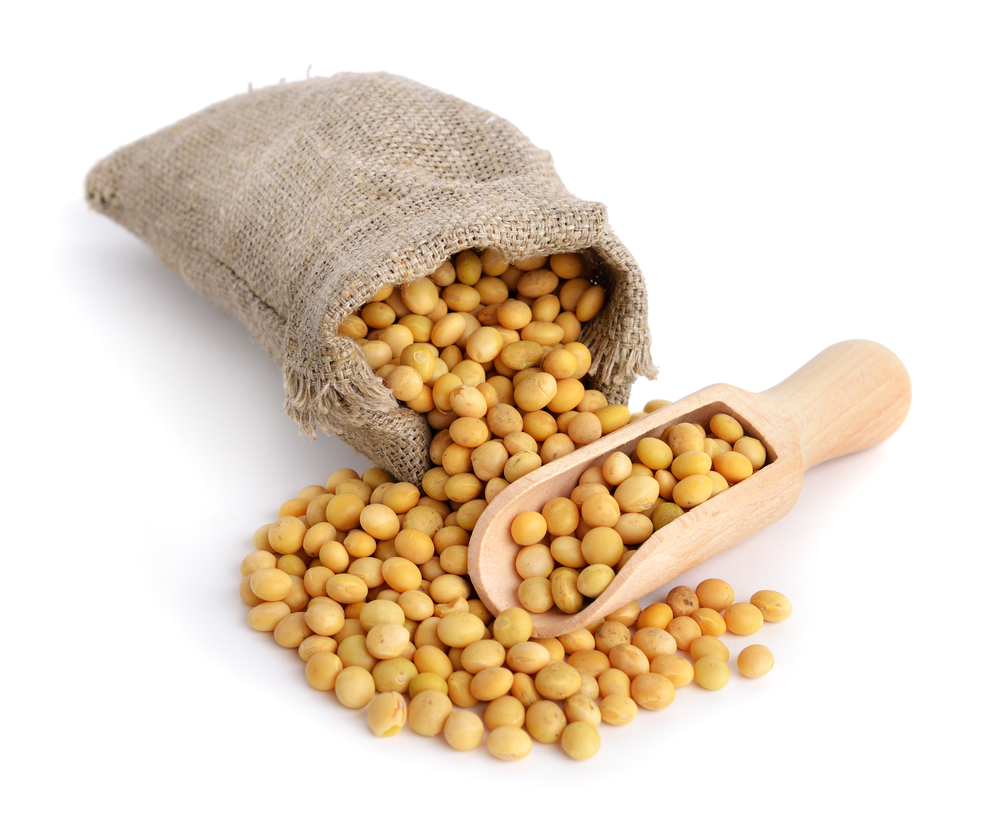Hardly a week goes by without a patient asking me about the potential dangers of consuming soy. Often this query comes from a patient with a family history of breast cancer, or from one considering a vegetarian lifestyle.
The trouble begins when said patient Googles soy, only to find reference after reference to the alleged evils wrought upon unsuspecting fools who thought they were doing a good thing by embracing a more vegetarian lifestyle, which often means substituting soy for animal proteins. You can find headings such as “Birth Control For Babies”, and “Soy: Panacea or Poison? (These, of course, being the only options)”. So, what’s all the fuss about?
Well, if one actually dispassionately reviews the existing scientific literature regarding the consumption of soy, the results don’t appear all that controversial or exciting. As often happens when science begins to investigate the properties of foods, supplements, herbs, etc, the results are mixed, depending on the experiment itself, the intentions of the investigators, which molecule out of the whole has been selected for investigation, and so on. So, according to the current state of knowledge, soy may or may not reduce hot flashes in perimenopausal women, may or may not reduce incidence of breast cancer, may or may not increase bone density, and on and on. However, it should be clearly stated that there is nothing in the scientific literature to support the outrageous claims made regarding the “dark side” of soy.
Most of these fearful claims center around the so-called “phytoestrogens” found in soy and other legumes and plants. Phytoestrogens are NOT; repeat NOT, the same as the estrogens produced by the human body. They are completely different molecules. They are also not the bio-identical hormones one hears about these days, although they are the source of the precursor molecules from which the bio-identical hormones are fashioned. They are simply substances found in plants that appear to affect hormonal balance in people in a gentle way, hence the name. However, they can have either a weak estrogenic effect or, interestingly, a weak anti-estrogenic effect, depending on the dose and the tissue being considered.
One website screams that feeding an infant soy formula is the same as giving the infant FIVE BIRTH CONTROL PILLS A DAY!!!! This would be true if phytoestrogens were identical to estrogen. They’re not. This same article goes on to report that male babies exposed to DES, a synthetic estrogen sometimes given to pregnant women in the last century, had smaller testicles upon maturation. The author goes on to say that DES has similar effects as the phytoestrogens from soy (No basis is offered for this claim, in the age of the internet it is apparently enough just to state it); therefore we can apparently assume that all male babies fed soy formula will be doomed to a fate of small testicles. This, folks, is not science. These are scare tactics.
The point I’d like to make is that there appears to be a bit of an agenda, some axe grinding at work here. These soy-damning articles are not fair and balanced. Most of the articles I’ve seen on the subject can be traced back to the work of the Weston A Price Foundation. The work of Weston Price is the origin end, a world full of rugged carnivores of the highest moral turpitude, justifies the means, a few harmless slanders against an innocent, and mute, legume. It’s a strange world out there, folks.
With all of that said, I see no need to change our recommendations regarding soy products. Humans have consumed soy in various forms for thousands of years without apparent harm. There are no reported cases of soy-consumers switching genders or morphing into Hermaphrodites. It’s logical to assume that it may well not be suited to be the only form of protein in the diet. Variety is essential for health, and soy should be eaten along with other proteins as recommended by your doctor. Legumes and nuts complement soy well as sources of protein for vegetarians. Fermented soy products, such as Tempeh and miso, have lower amounts of phytoestrogens, and are easier to digest. A vegetarian diet including all of the above can be very healthy for some individuals.
So, folks, enjoy your soy!





